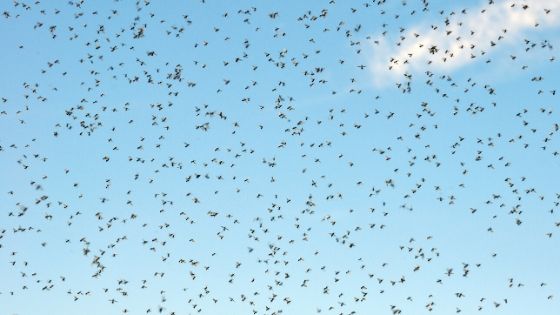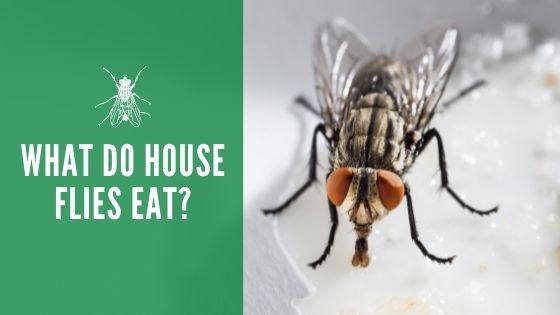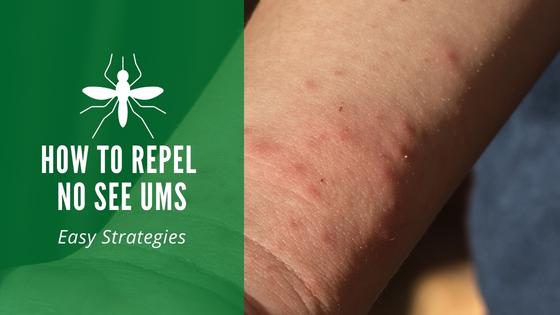Will Roach Spray Kill Flies?
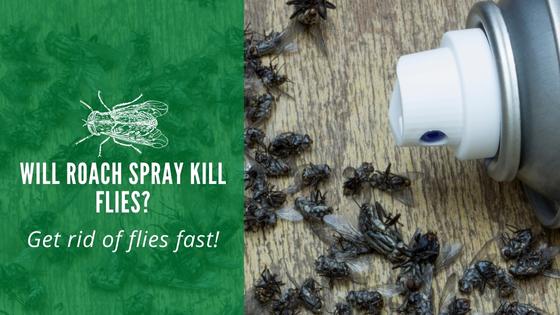
Flies are a nuisance and may even spread disease to your family and pets. You may wonder what will kill them that you have on hand. It may trigger you to ask yourself, “Will roach spray kill flies?” since roaches are a difficult problem to tackle.
What Is in Roach Spray?
Before using roach spray to kill flies, it helps to know what’s in it. You can then make a sound decision as to whether it’ll work, and you can also consider its safety around your family and pets. Some of the most commonly used ingredients in roach sprays include the following:
- Imiprothrin
- Cypermethrin
- Tetramethrin
- Prallethrin
- Permethrin
Often, a combination of two or three of these ingredients is used in roach sprays to enhance effectiveness.
Pyrethroids
This group of lab-created pesticides mimics the effects of pyrethrum, which comes from the chrysanthemum flower. Over 1,000 of these have been created. In the U.S., though, only a handful of them are used.
These are common in mosquito control products as well as roach sprays. Most of the time, these are safe to use around people and pets. When used in recommended amounts and as directed, they enter and exit the body rapidly without affecting any organs, though some may cause temporary side effects.
Imiprothrin
This synthetic pesticide is primarily used in products to kill roaches, silverfish, spiders, ants, crickets, and other pests. It’s similar to other pyrethroids. However, it’s harmful when inhaled directly or in contact with your skin.
Cypermethrin
Cypermethrin is classified as a pyrethroid. In addition to targeting flies, this ingredient is highly toxic to bees and fish. It’s a moderate toxin in terms of human exposure and may be harmful when inhaled or it comes into contact with your skin.
Tetramethrin
This particular insecticide is synthetic and is in the pyrethroid family. It’s a colorless chemical with a faint odor. It can cause side effects if a human or animal inhales it directly. It’s also known to cause side effects when it comes in contact with human or animal skin.
Prallethrin
This ingredient is artificial and intended to mirror the effects of pyrethrum, making it a pyrethroid. It has a high effectiveness rate and tends to cause only minor side effects when it comes in contact with your skin or is inhaled.
Permethrin
Permethrin is an ingredient in various insecticides. It’s used in products for treating lice. This particular ingredient is classified as a pyrethroid. It’s non-toxic when used as directed, though it could cause mild skin irritation.
Will Roach Spray Work on Flies?
Roach spray may kill flies depending on the ingredients of the specific one you have. For instance, one that contains permethrin will kill flies.
The reason it varies is that the insecticides target the insect’s nervous system. Certain ones work on certain pests.
You’ll need to act quickly with this method because you must spray the fly directly.
How to Prevent Flies
So you don’t need to use roach killer or another insecticide to get rid of flies; it’s best to prevent flies from getting into your home proactively.
For one, always put your produce in your refrigerator rather than leaving it out if you’re not going to eat it right away. As soon as the produce begins to ripen, it becomes a feast for hungry flies.

Especially in the summer, ensure you’re throwing your trash away outside in a trash can. Purchase a kitchen can with a lid. This will alleviate at least one food source for flies. Use a bag in the can and always clean the can thoroughly if a bag should happen to leak.
Clean up spills and crumbs as soon as they happen. Be sure to sweep, mop, and wipe down counters regularly to reduce the prevalence of food sources for flies.
Seal around your windows to rid your home of access areas for flies. If you have any screens with holes or small tears, replace or repair them. Flies can fit through small crevices, so it’s vital to alleviate as many of them as you can.
Other Ways to Get Rid of Flies
If you don’t have any roach spray that’ll kill flies or would prefer to use a non-chemical approach, fortunately, there are ways to get rid of this problem.
Combine apple cider vinegar, dish soap, and a pinch or two of sugar in a shallow bowl. The odor of this mixture will attract flies. And once they enter the bowl, the dish liquid will kill them. Specifically, it’ll trap them and destroy their digestive tract.
Essential oils, including lemongrass, citronella, eucalyptus, rosemary, and mint, can keep flies away. They don’t like the pungent aroma of these oils, which will deter them from coming around in the first place. If one should get near, it will more than likely want to vacate the area. You may use the essential oils to clean with or apply a few drops on a cloth in a room.
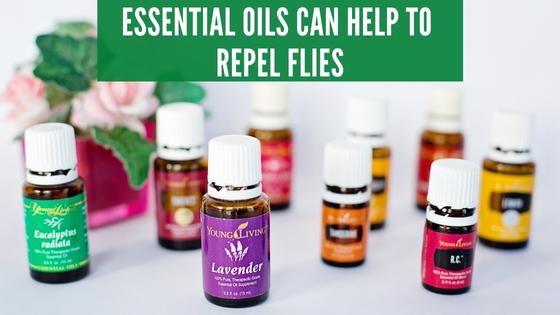
Another way to control flies is with fly paper. It consists of a sticky material with an insecticide. The flies are attracted to it and will migrate toward it. Then, they’ll stick to the paper and perish. Once you’ve taken care of your fly problem, you merely toss it in the trash.
For some people, the constant buzzing of a fly is obnoxious. It doesn’t help that they can transmit viruses or bacteria that can make you or your family ill. Fortunately, certain roach repellents help rid your home of these pests, and there are other known methods to keep a fly problem at bay. Above all, though, prevention is the most effective solution!

